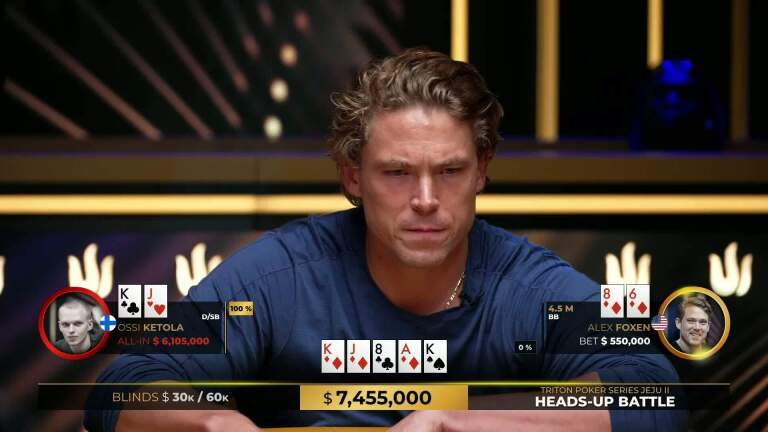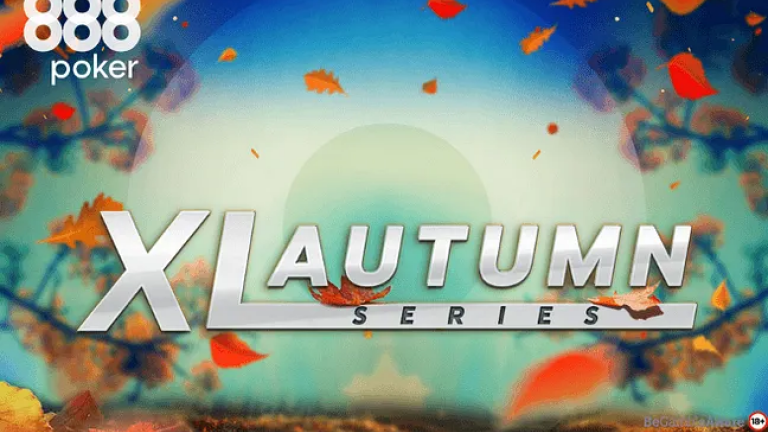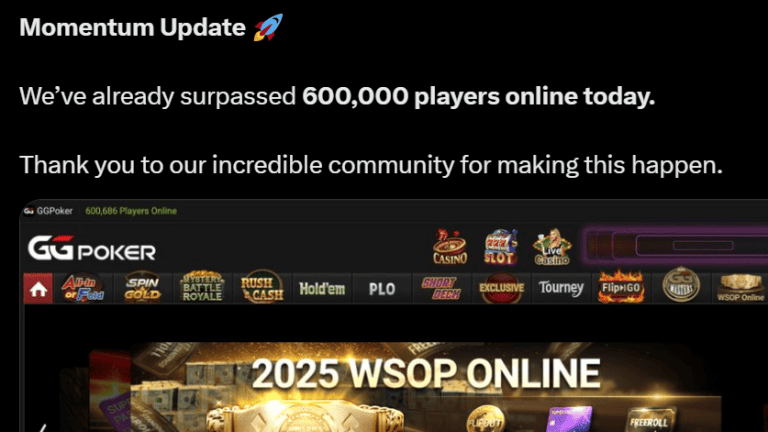Your attitude towards learning will be essential to your progress, and will crucially determine which stakes you will be able to reach in the end. In the beginning, you should concentrate on learning and not that much on gameplay. In the first few months, in the first 20-30k hands you should aim to spend at least three or four hours studying during one hour of gameplay.

Later on, when you're already clear with the basics, you can increase playing time and decrease studying time, but be sure to go through all the sources listed in the previous chapter (during the first 1-2 years).
Do not get lazy, not even when you're in a winning streak! If you neglect improving yourself, it will sooner or later come back on you and then you will have nothing left but the boring sentence "they get lucky on me all the time".
Learn a little every day, not in big doses, because that way it is harder for your brain to store all that information. And this way, learning will become part of your daily routine.
Many times, we can see losing people asking for help from professionals in forum topics, stating that they can simply not win. This will not change from one moment to another: there is no point in waiting for someone else to correct your mistakes.
Of course, it is beneficial to receive help from others by posting your hands and stats and asking for ideas, but this will not spare you all the effort you have to put in all by yourself.
If you keep studying, the more experienced players will be happy to help you, but don't expect too much help by complaining in forum topics.
Many players want to know when that certain point comes where they recognize some crucial element of the game and become a winning player. We have read a lot about this topic, and we can say that such a point does not really exist. Except, of course, at the beginning of your poker career: when you are learning the basics, you can take huge leaps from zero to something. Later, your game will not become better like lightning strikes, it is much more a slow process with many-many obstacles. And you will surely realize you have become better when looking back at your previous year. You will still not be able to tell what the big differences are compared to your earlier self, but you will surely become better and better. So the big-big secret really is, that there is absolutely no secret.
To close this part, one more simple bit of advice: when you believe that you are an extraordinary player, it is the beginning of the end. Until you cannot beat Phil Ivey or Tom Dwan on the long run, you still have room for improvement.
The poker communities are really helpful, use them
Purchase a poker analytics tool to track your gameplay, and also to receive information on your opponents on the go. We would recommend Holdem Manager, as this is the most well-known and popular tool for poker players, but Poker Tracker and Poker Office would do as well. Get one of these ASAP, as their use will prove overwhelmingly beneficial during gameplay, and this is the only way to get some feedback considering your decisions.



Post your questionable hands in the forums. Many think the best thing you can do is to ask the experts about the hands you are uncertain about. And if you are already asking for help, accept what the more experienced player tells you! This can not be emphasized enough. After some time, you will recognize the high limit regulars on the forums, and they are the people you want to listen to.
Of course it is also very important to consider the reasons behind their advice. If you do not understand something, feel free to ask, as this way you will be able to use their advice in all similar cases. Your ultimate aim us to learn to think. All in all, it can happen that you don't see the reason behind the advice of more experienced players, but it is impossible that you as a beginner know better than they do.

If you keep sticking to the idea that limping in with AA is correct gameplay, you will soon notice that people stop giving you advice. No one wants to spend time on meaningless things.Leave your self-esteem behind and keep in mind, that the message you receive from other players is for your own good, and your ego will only hinder you in this quest.
"You can't win on micro"
This is a typical stereotype among beginners. In fact, micro stakes are the easiest to beat. The problem is that when you are playing micro stakes, you don't have the necessary knowledge and experience to win, you just strive to come out as the winner. But this struggle is not because micro stakes are unbeatable, it's because you're not good enough to win.
If an NL100+ winning regular plays a bit of NL10, he will beat the crap out of the player field. Believe me, this is true. And also, let this be your motivation.

So don't go craving for the higher stakes just because you can not win at micro. If you can't perform there, you will only get sat back more at higher stakes. Learn to beat your own level, and then consider moving up.
The series will soon continue with the sixth part.
By clicking on the appropriate links, you can read the first, second, third and fourth parts.















0 comments